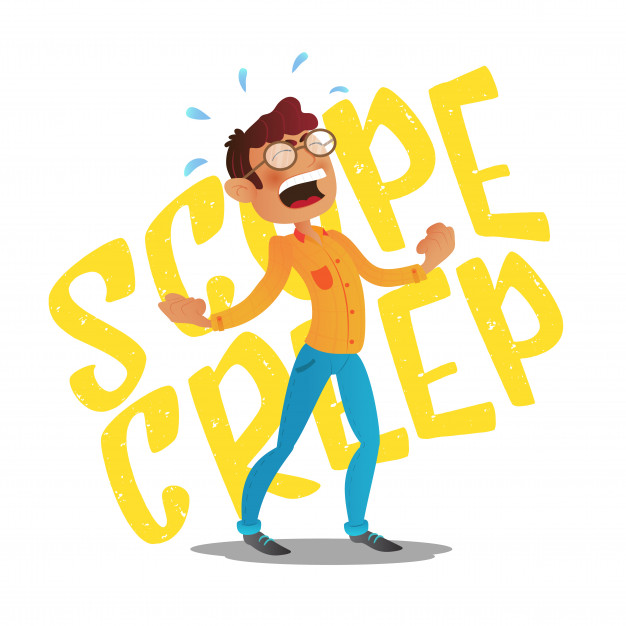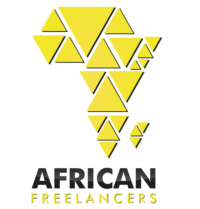Being a great skilled African freelancer might not always get you the job you desire or so badly want. Yes, I know you want to avoid the interview process as much as possible because you now work remotely. However, through an interview, you can clearly communicate your value to a potential employer. It’s true. You can’t fully avoid these tough interview questions, but these interview tips will help you answer those tough interview questions and ace that interview.
Interviews can be tricky. We know that. In this article, we’ll arm you with expert interview tips, real sample answers to tough interview questions, and practical ways to avoid common pitfalls.
Why Freelancers Are Being Interviewed More Often
Many clients now treat hiring freelancers like hiring full-time staff, especially for high-value or long-term projects. They want to assess your communication skills, reliability, and how well you’ll fit into their work culture. For freelancers in Africa and other emerging markets, this is a chance to prove your professionalism and stand out from the crowd.
But while this may sound intimidating, being interviewed also gives you a valuable opportunity to explain your strengths, showcase past results, and set expectations clearly.
Tough Interview Questions Freelancers Commonly Face (with Sample Answers)
1. Tell me about yourself
This question might seem like a cliché in interviews, but many freelancers in Africa still struggle to answer it. It is a great way to make a good first impression and break the seeming tension in the interview room. When this question is asked, the interviewer is asking for a quick summary of your background and how it relates to their project. You should take this opportunity to highlight your experience briefly and how your skill set will provide value to the company.
Sample Answer: “I’m a content strategist with four years of experience helping travel brands grow their online visibility. I’ve worked with clients in the UK, Nigeria, and South Africa, creating SEO-driven content that ranks and converts. I’m especially passionate about working with mission-driven companies that value storytelling and clarity.”
2. Why should I hire you instead of another freelancer?
For many clients, there is quite a pool of talents to choose from. They need something to reduce that pool as much as possible and make the best question. When answering this question, highlight what makes you different and why you’re a safe investment. It is expected that you know what the average achievement is in your industry. Let your answer portray an achievement higher than the average.
Sample Answer: “Beyond delivering quality work, I bring strong communication and structure. I follow a clear process, keep clients in the loop, and meet deadlines consistently. One of my recent clients appreciated that I not only met the brief but also suggested improvements that boosted their campaign engagement by 30%.”
3. How do you handle missed deadlines or unhappy clients?
Here, resist the urge to claim that you have never missed any deadline or that you never have unhappy clients. Answering this could show the client that you are either a newbie with no experience or that you are a freelancer who doesn’t take accountability. Use this question as an opportunity to highlight your accountability and conflict resolution skills.

Sample Answer: “I try to avoid missed deadlines by padding my time and communicating early. But if it happens, I own it. Recently, I misjudged a project timeline and informed the client a few days ahead. I offered a revised deadline and a small discount. They appreciated the transparency, and we ended up working together again.”
4. Tell me about a time you failed, and what you learned.
If this question comes up in your interview, don’t say that you have never failed. Just like in the previous question, it might indicate that you are not experienced. Experience always comes with some failure stories that helped you grow into the great freelancer that you are today. The interviewer really wants to assess your self-awareness and growth mindset.
Sample Answer: “Early in my freelancing journey, I took on a project that was outside my skill level because I didn’t want to say no. I struggled and delivered below expectations. That experience taught me to assess fit honestly—and now, if I’m unsure, I ask clarifying questions or suggest a smaller pilot project first.”
5. How do you juggle multiple clients or deadlines?
If you are being interviewed for a freelance role, the client knows that you will have other clients and, consequently, other deadlines to meet. This question tries to see if you can manage your workload from multiple clients and not compromise on the value of the work you deliver to them. In answering this question, you need to highlight your time management and prioritization skills.
Sample Answer: “I use Trello and Google Calendar to keep my tasks and deadlines organized. Each week, I review priorities and set realistic daily goals. For example, I batch similar tasks like writing or editing, which helps me stay focused and deliver on time, even when handling three to four clients.”
Interview Tips for Freelancers: How to Answer with Confidence
1. Research the Client and Project
Take time to understand the client’s business, target audience, and scope of work. This allows you to tailor your responses to what matters most to them. Mentioning specific details shows initiative and makes you stand out. Never walk into an interview without researching the client and project. If you didn’t do it before applying for the job, ensure you do it before the interview. Even if you think you already know the client, prepare for the interview by doing deeper research.
2. Use the STAR Method
According to Forbes, the STAR method was developed by a leadership consulting firm, DDI, to aid candidates in answering situational questions. Structure your answers using the STAR technique:
- Situation – What was the context? Set the scene and give the necessary details of your example.
- Task – What was your responsibility? Describe what your responsibility was in that situation.
- Action – What steps did you take? Explain exactly what steps you took to address it.
- Result – What was the outcome? Share what outcomes your actions achieved.
This method helps you tell compelling stories without rambling.
3. Practice Storytelling
Clients don’t just want facts; they want proof you can deliver. Share brief but powerful stories from your freelance journey that demonstrate results. For example, “I once helped a local African e-commerce brand increase their web traffic by 40% in two months through SEO.”
4. Be Honest, But Strategic
Honesty builds trust, especially in freelancing in Africa, where clients may still be skeptical due to past experiences. However, balance honesty with professionalism. If you don’t know something, say so but also explain how you plan to learn it quickly.
5. Showcase Communication and Problem-Solving
Many clients care more about how you handle issues than whether you’re perfect. Always give examples of times you solved problems proactively or communicated openly to avoid confusion.

Now That You Know
Being prepared for tough interview questions is more than just memorizing answers. It’s about understanding your value and being ready to communicate it with confidence. The more you practice and reflect on your freelance experiences, the easier it becomes to present yourself as a reliable and skilled professional.
Remember, interviews are not interrogations; they are conversations. They are a chance for you to learn about your potential client just as much as they are learning about you. Approach them with curiosity, professionalism, and self-assurance.
For more practical insights and tips on freelancing in Africa, be sure to explore our other articles. And if you’re looking to connect with like-minded professionals, join the African Freelancer community — where you can grow, share, and succeed together.






